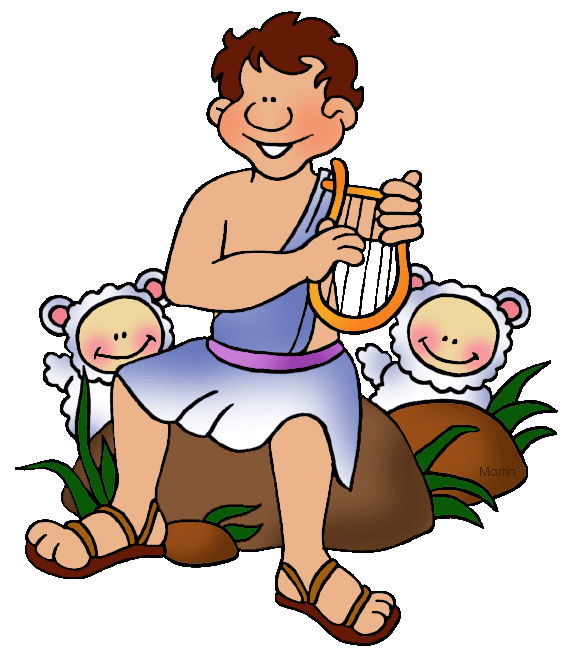
WIDA Reading Practice
Quiz by Kaylee Campbell
Feel free to use or edit a copy
includes Teacher and Student dashboards
Measure skillsfrom any curriculum
Measure skills
from any curriculum
Tag the questions with any skills you have. Your dashboard will track each student's mastery of each skill.
With a free account, teachers can
- edit the questions
- save a copy for later
- start a class game
- automatically assign follow-up activities based on students’ scores
- assign as homework
- share a link with colleagues
- print as a bubble sheet
3 questions
Show answers
- Q1Today, you will read about the history of storytelling. Storytelling has a long history throughout the many cultures of the world. Long before humans learned to write down their stories, storytellers preserved cultural memories and passed them from generation to generation. The ancient Greeks told tales of their gods and heroes. Some storytellers played along on stringed instruments similar to a modern harp. Two of the most famous stories were written down around 750 B.C. Have you heard of the "Iliad" or the "Odyssey?" Then you've heard of famous Greek tales. WHAT DID THE ANCIENT GREEK STORYTELLERS TELL STORIES ABOUT?Ancestors and settlersWitches and dwarvesThieves and geniesGods and heroes30s
- Q2In the 1800's, Jakob and Wilhelm Grimm traveled around Germany listening to old tales and writing them down--for the first time ever! Thank the Brothers Grimm if you have read fairy tales like "Hansel & Gretel" or "Snow White." Have you heard the story of "Ali Baba and the Forty Thieves," or "Aladdin and the Lamp?" Then you are familiar with some of the tales in "The Thousand and One Nights." These were first recorded in Arabic around 800, but the tales from Egypt, Persia, Arabia, and India are much older. WHY WAS THE WORK OF THE BROTHERS GRIMM IMPORTANT?The stories were fairy tales that had never been heard before.The stories were written in Arabic.The stories had never been written down before.The stories had originated in Egypt and traveled to Germany.30s
- Q3Traditional storytelling continues today. In West Africa, storytellers called griots retell the histories of the families in their villages. Young griots memorize the tales of the older griots and then add modern stories, insuring that the histories will live on. In the Appalachian Mountains of the United States, storytellers entertain and educate people with their tales of early settlers. Keep listening--you may hear a storyteller one day! WHICH OF THE FOLLOWING WAS PROBABLY NOT A REASON THE STORYTELLERS TOLD THEIR TALES?To preserve the culture.To get a movie deal.To entertain.To educate.30s
